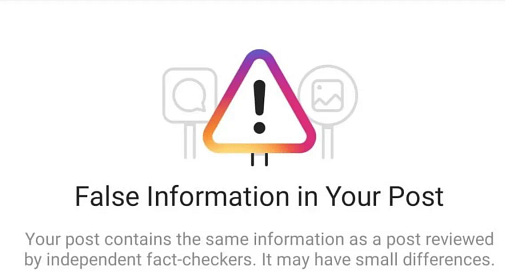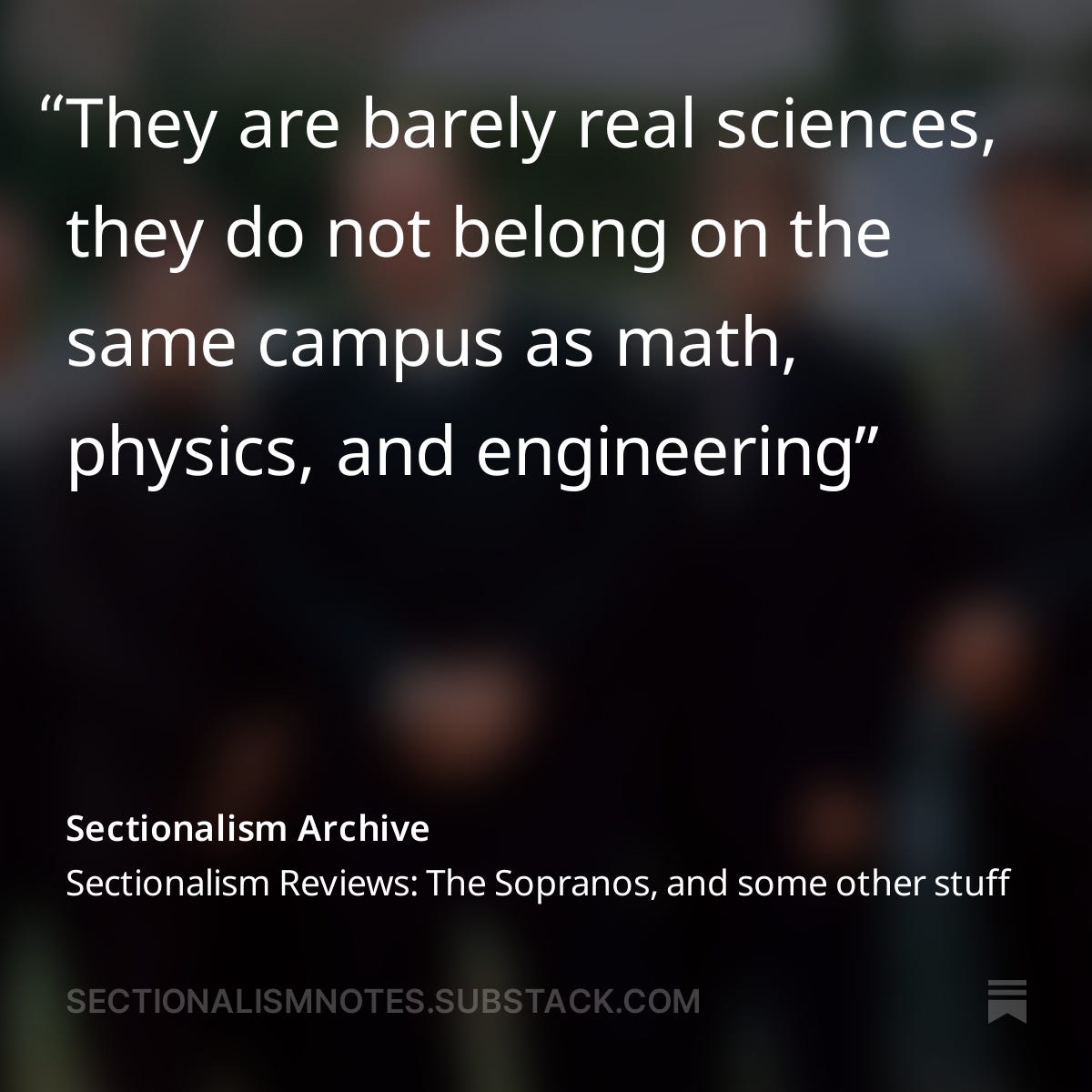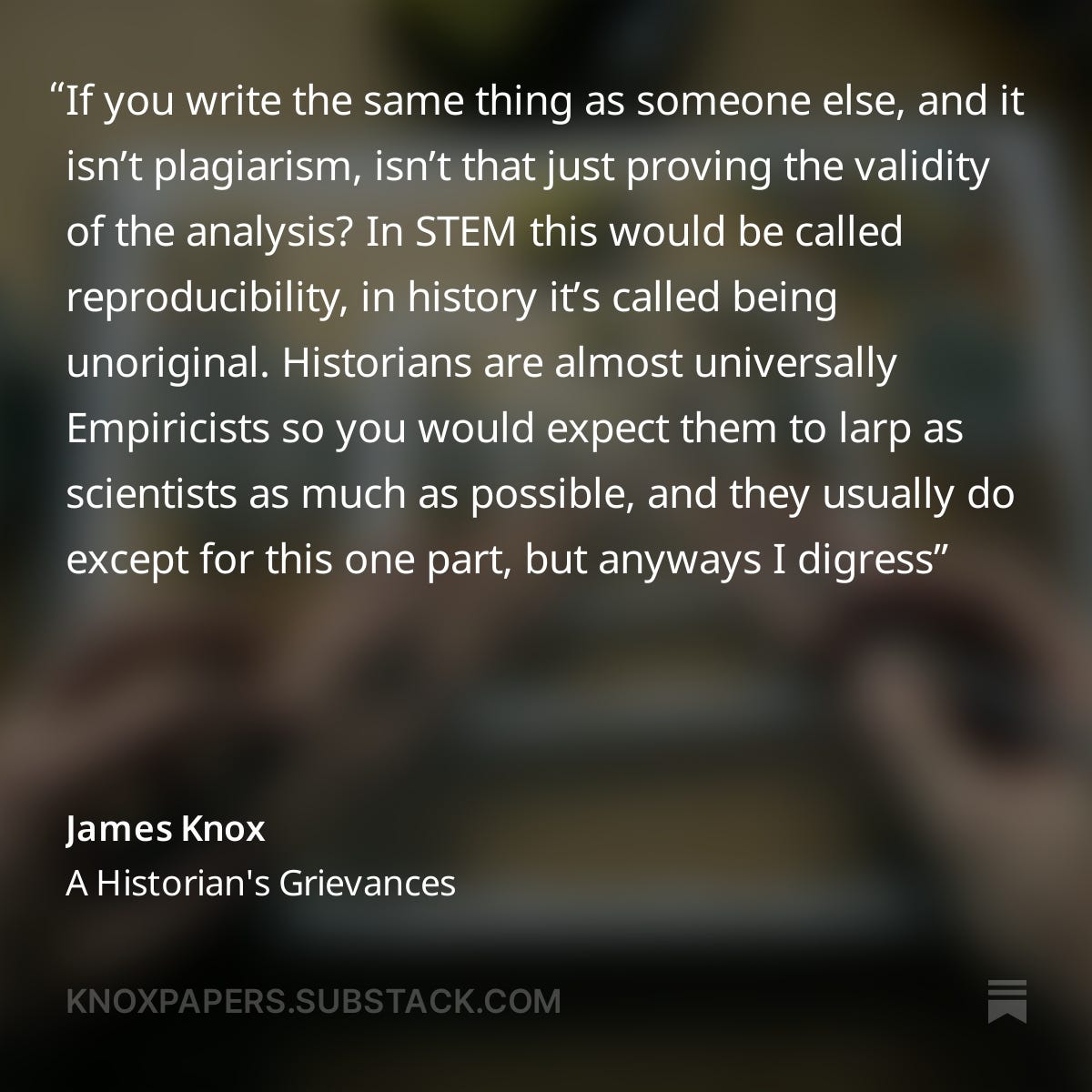It’s been said dozens of times by /ourguys/ that the peer review is the redditoid’s version of a Papal decree or Godly commandment. This is very true, and I don’t really intend on simply repeating that. Instead I want to talk about why Redditor’s and their weird obsession with peer reviews is absurd.
Firstly, I think we need to talk about what and peer review is and who does the reviewing. As time has gone on, basically every field has introduced some method of official peer review, which is in a lot of ways due to the “sciencification” of non-STEM fields. I don’t think this is necessarily a bad thing, but as Sectionalism Archive put it (speaking of psychology and psychiatry):
Now I don’t really agree as much with his stance on psychology/psychiatry, beyond the fact that they have abysmal replication rates. I don’t think that this is really a problem that is intrinsic to the field, but more so in application. Mainly how modern psychology is basically just telling people that nothing is their fault and then overmedicating them when that inevitably fails. I think psychology has a lot of merits and is a very powerful tool when properly applied, it just isn’t properly applied anymore. Anyways that was kind of tangential to my point.
Think about how this process of “sciencification” distinctly non-STEM fields affects things. In a lot of ways, this makes these fields, and people in these fields, feel like they are “more” correct or legitimate. In a lot of cases, it makes fields feel like they are more objective, when they really aren’t. In fact it may even be impossible for someone to be even remotely objective in certain fields. Yet, there is still no real substantive difference between the field before it was made “more scientific” than before; it’s all just window dressing. The peer review is one of the more poignant examples of this.
As you all know, I am a history student in university right now, and this semester I have begun the research seminar I need to graduate. The processes of this class, and writing the paper, are designed to mimic the process of writing an article for an actual historical journal. The length is the same as a typical article (20 pages), you are subject to a bureaucratic approval process (albeit likely more than you would get if you were actually publishing something), and of course the infamous peer review. This has given me some additional insight into the process, at least to how its done in the field of history.
Through my own experience with this process, and the experiences of my professors which they relayed to me, I have become quite familiar with it. Speaking strictly within the field of history (but I suspect this is very similar to how it happens in other fields), this doesn’t really lend any credibility to the material. Peer feedback is rarely ever like “this is wrong” or really even about the material at all. More than anything, its stuff like if they think your framing is good, if you have a clear thesis (not necessarily a good one), and sometimes they may tell you that your work would be better suited in a different journal (which has nothing to do with the quality of the work, historical journals just tend to be pretty narrow in scope). Essentially, historical peer review is a lot more like telling someone to fix typos or reword a paragraph for better flow than it is anything else. But to the laymen, particularly redditors, its not any different from scientific peer review.
Recently, I submitted a part of my paper for review both to my peers and the professor. My fellow student reviewer wrote that I had an engaging, if lengthy, hook sentence (ridiculous literary tool anyways) and a clear and well-defined scope. My professor wrote that I had no hook sentence and no scope. What exactly am I supposed to do with this information? Somebody is clearly wrong here and I don’t think it’s me.
In a proper STEM field, peer review actually makes sense and it works very well. I don’t think anybody would deny that peer review is necessary for STEM (except for internet schizos I guess); I mean it’s literally the final step of the scientific method. But the difference here lies in the fact that you can preform experiments in STEM fields, unlike in history or political “science” or anything like that. In fact, this type of peer review is actually discouraged, at least in history.
Basically, if you don’t have something new to say historians don’t want to hear it. You can’t just say “hey I agree with this guy” or “hey I cam to the same conclusions” you HAVE to either “build off of” their work or argue against it.
Even in fields like sociology and psychology, you can still preform experiments and repeat them to test their validity. I don’t see why I can’t do this in history, especially when there is just SO MUCH information that tends to bury most older sources. It shouldn’t be problematic for me to basically repeat what someone else has said. I can see it potentially being unnecessary when writing for academic journals, but I think that is an entirely different problem within the field of history. Too much of historical discourse is just historians theorycrafting with each other, and too little engagement with the people. But that’s a another topic for another time.
This sentiment, of some sort of scientific objectivity, has seeped into the language of history as well. You remember how your high school English teacher was always talking about how you should write in the third person, because it somehow makes your arguments stronger (I think this is stupid btw)? Well the same thing is said in history as well. All of the language is in third person and at least appears to try and be objective. The reality is that you just get a lot of historians who think their arguments are basically ironclad but they suck poop. I think the post-structuralists have it right here; they explicitly acknowledge that history cannot be entirely known and write their works accordingly. Most historians don’t do this though and they just follow the liberal view of history and just repeat the same “Whitey evil” mantra. That isn’t to say that post-structuralists are /ourguys/ though, they are just more intellectually honest in some regards, although I doubt you’d ever see one apply post-structuralism to the Holobunga…
Fact Checkers
Anyways, not only has this whole peer review mess given non-STEM fields a dysphoric view of their field, but it has also spawned something even worse. Fact checking is basically peer review except they aren’t peers. Fact checking is like the poor man’s peer review. There are no actual experts involved and it’s just a bunch of journalists/pundits. I can tell you from personal experience that no respectable historian has the time to sit there and read through articles to approve for Snopes. Historians actually have a pretty loaded work schedule believe it or not, even when they aren’t professors. Lot of book and journal writing (which usually entails a lot of lengthy archival work), if you’re even moderately successful in your field you’ll be asked to speak at conferences, write reviews for books/articles, peer review books/articles, etc. There is just no way they could spend the time fact checking articles.
In reality, fact checkers might have a BA somewhere in the ballpark of the relevant field. Most of the time, though, they are just amateurs in the field who have maybe written some tangential puff pieces or something before. Most of what “fact checkers” do is just a cursory Google search, or even just straight up lie as many of you have probably seen. Let’s just say that a successful academic is definitely not going to be working for Snopes.
Yet, “fact checking” is just as adored as peer review by these same redditoids. The answer why is pretty simple: it reinforces their worldview. You all have heard the discourse on how liberals today can only exist in a tightly controlled vacuum. Screaming about peer review is (one way) how redditors cope with this total disconnect from reality. Fact checkers are the politburo who police and enforce this worldview, with all of the elegance.
Anyways, the TL:DR is that peer review doesn’t mean anything unless experimental processes are involved and fact checkers are queers.
In a grand act of divine comedy, only a few days after I published this article, prominent (peer reviewed) science journal Frontiers in Cell and Developmental Biology published and retracted an article which included utterly ridiculous AI-drawn figures. The article itself was legitimate to my knowledge, and it was only the figures that were bogus although it was written by Chinese people so, well, you know. This is frankly quite damning for the peer review process, as not only did this article feature several nonsensical diagrams that approximate some sort of amalgamation of the inside of a cell and DNA, but it also featured a diagram of a rat with a human sized penis.
According to this article, the authors even credited Midjourney in the paper, and yet it still made it through several peer reviewers. Thankfully, however, Frontiers is a PRO-SCIENCE source!
This, in association with the current reproducibility crisis, should frankly shatter any faith in modern academia. But it won’t. That’s another topic for another time, though.









